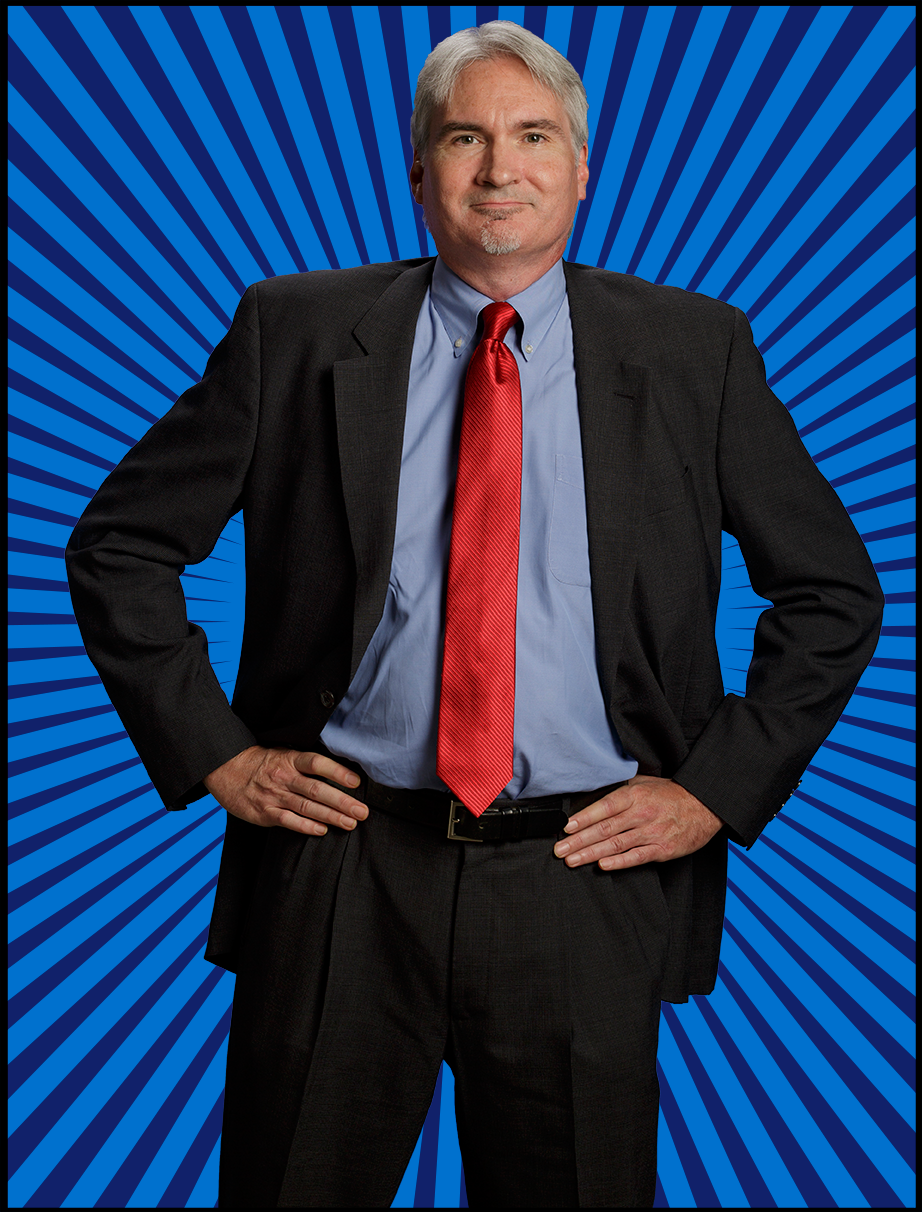
-
May 27, 2023
-
April 27, 2022
-
September 25, 2021
-
January 20, 2021
-
October 17, 2020
Sports and conscience in the days of big money
Celebrity and conscience are often an uncomfortable pairing, and when celebrity comes through the joint venture that is sports, that goes doubly. As Michael Jordan famously (and perhaps, apocryphally) put it “Republicans buy sneakers, too.” But, more recently, the kind of protest that might be considered positively All-American has caught heat because of its potential impact on business overseas and the sensitivity to criticism of repressive governments elsewhere. I’m not talking about Colin Kaepernick and his protest of police violence, inequality, and repression in the United States or LeBron James and his criticisms of the current White House regime (snidely met with demands from some quarters that he “shut up and dribble”). No, what I refer to is the far more direct, and far more obvious, repression occurring in China and the efforts of athletes and sports personalities to call attention to it.
In the United States, the most obvious incident was Houston Rockets general manager Daryl Morey’s tweet in support of pro-democracy protesters in Hong Kong, which occurred during several NBA teams’ tours of China. On October 4, 2019, Morey tweeted an image that read “Fight for Freedom. Stand with Hong Kong.” What could be more American than democracy? Nevertheless, Morey was the subject of withering criticism, including from the Rockets’ owner, Tillman Fertitta, who essentially told Morey to “stick to sports.” The Chinese Basketball Association suspended its relationship with the Rockets—one that had thrived since the days of Chinese superstar Yao Ming wearing a Rockets uniform—and Houston’s Chinese consulate issued a “statement of dissatisfaction” with Morey’s sentiment. Morey, himself, promptly deleted the tweet and later issued a statement that the whole thing was nothing but a half-cocked statement about a subject he little understood. (Don’t believe it. Morey has degrees from Northwestern University and MIT and has one of the most analytical and creative minds in sports.) For its part, the NBA and Commissioner Adam Silver threw Morey under the bus, calling his words “regrettable,” even as they claimed to defend the right to free expression of its athletes and employees. It is no stretch to say that the NBA simply kowtowed to the wishes of a repressive government in an emerging market.
Sadly, the obsequiousness of sports leagues does not end there. Memut Özil is hardly a household name in the United States, but he is anything but a nobody. Özil is an attacking midfielder for north London’s Arsenal, one of the “big six” clubs of the English Premier League, arguably the best soccer league in the world, and previously played for Real Madrid, the most successful club in European soccer history. Özil also starred as a member of the German international squad for nearly a decade, including playing a key role as a member of the World Cup winning side that humiliated Brazil on its own home soil in 2014. Suffice to say, Özil has a platform and an international one, at that.
But when Özil tried to protest, not just a political issue, but a human rights one, he found himself treated similarly to Morey. Özil, an ethnic Turk and practicing Muslim, had the temerity to criticize China for its treatment of Uighur Muslims. This was not some unfounded criticism leveled by one with no knowledge or understanding. To the contrary, Özil simply echoed—on a Chinese microblog platform, Weibo—the same matters raised by a group of 23 nations that included the United States, the United Kingdom, Canada, and Japan that cited as credible, reports of mass detention and numerous other human rights violations and abuses in the region. Against a backdrop of the flag of the Turkestan republic (an area now occupied by China), he posted: “[In China] Qurans are burned, mosques were closed down, Islamic theological schools, madrasas were banned, religious scholars were killed one by one. Despite all this, Muslims stay quiet.” His comment was greeted with outrage that accused him of promoting jihad against the Chinese state and, as recently as the last few days, Chinese media refuses to utter his name. Despite FIFA’s claimed adherence to human rights standards, Arsenal quickly distanced itself from Özil’s comment, claiming no interest in “political” topics. In short, both Arsenal and FIFA made Özil the villain.
But Özil’s words were anything but political. They were a basic and well-supported criticism of China for violating the essential rights of an oppressed minority. They did not raise a political issue, but a humanitarian and human-rights one, and one that FIFA repeatedly claims to throw its support behind. (FIFA’s awarding and continued support of the 2022 World Cup in Qatar is just more evidence of its hypocrisy and could be the subject of its own post, which it might be at some future point.)
Make no mistake: when an organization—one like FIFA or the NBA or Arsenal or the Houston Rockets—”takes no position” on a matter of human rights, it takes a position. That position is that money matters more than people; that business conquers all. You can mouth all the platitudes you want about “engagement” and “working from within,” but the essential truth is that growth of the business model and an expansion into emerging markets, no matter how repressive they may otherwise be, appears to be more important than the people who are trampled in the process. What is a public platform worth if its foundation is rotten to the core? The relentless push for expansion chills legitimate criticism and stifles the change that businesses might effect. It makes FIFA and the NBA complicit partners in the very repression they claim to decry.





